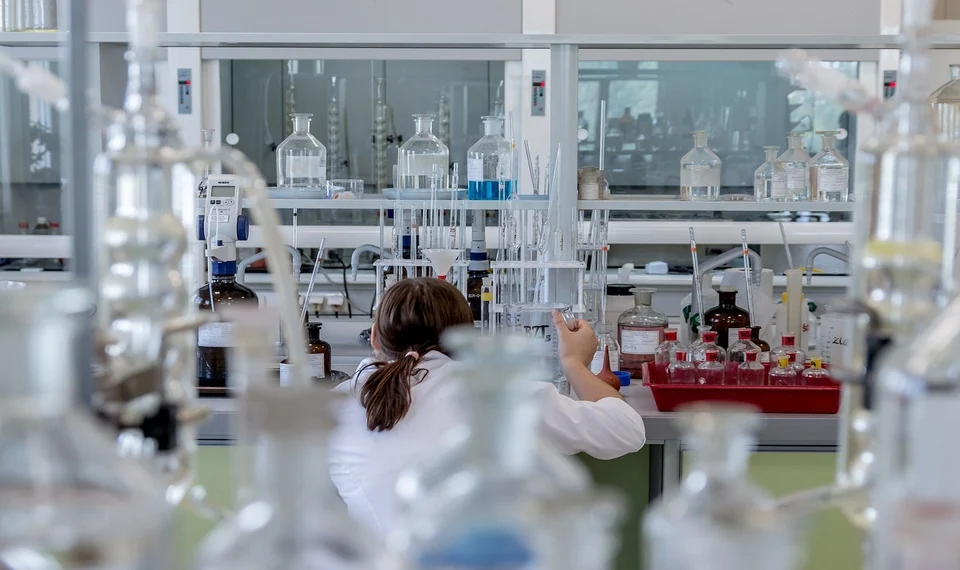![]()
📚 Cracking the GCSE Chemistry Code: A Comprehensive Guide for Tutors, Students, and Parents in Blendon 🎓
Introduction 📈
Welcome, learners and educators! As we stride towards the GCSE exam season, the pursuit of academic success is in the air. Today, we’re diving into the enigmatic world of GCSE Chemistry, offering invaluable tips for students, parents, tutors, and teachers alike. Let’s embark on this exciting journey together, and unlock the secrets to acing GCSE Chemistry. 🚀
Mastering GCSE Chemistry: An Essential Guide for Students 🎓
1. Establish a Study Routine 📅
Creating a consistent study routine is the cornerstone of success. Break down your study time into manageable chunks and stick to it. Remember, regular practice is the key to mastering complex topics.
2. Active Learning 💡
Don’t just read through your notes passively. Engage with the material by asking questions, creating mind maps, or explaining the concepts to someone else. This active engagement will help you truly understand and remember the content.
3. Revision Techniques 🔄
Revise regularly, not just before the exam. Use a variety of techniques such as flashcards, practice papers, and summaries to reinforce your learning.
4. Seek Help When Needed 🙋
If you’re struggling with a particular topic, don’t hesitate to ask for help. Whether it’s your teacher, a tutor, or a knowledgeable friend, additional support can make all the difference.
Empowering Parents 👨👩👧👦
1. Show Support 🤝
Encourage your child to take ownership of their learning journey. Provide a quiet study space and offer words of encouragement, but avoid micromanaging their studies.
2. Monitor Progress 📈
Regularly review your child’s work to identify areas that need improvement and provide constructive feedback.
3. Encourage a Balanced Lifestyle 🏃♂️
Remind them that a balanced lifestyle, including exercise, rest, and social activities, is crucial for maintaining mental wellbeing and academic performance.
Empowering Tutors and Teachers 🏫
1. Personalised Learning 🎯
Tailor your teaching methods to suit each student’s learning style. This will help them absorb the material more effectively.
2. Engaging Lessons 🎬
Make lessons interactive and interesting to keep students motivated and engaged. Use real-life examples, practical activities, and discussions to enhance understanding.
3. Regular Feedback 📝
Offer timely, constructive feedback to help students identify areas for improvement and track their progress.
FAQs ❓
Question 🔍: What are the best study techniques for GCSE Chemistry?
Answer 💡: Active learning, revision techniques like flashcards and practice papers, and a consistent study routine are all effective strategies for mastering GCSE Chemistry.
Question 🤝: How can parents support their child’s learning during the GCSE exam period?
Answer 🏃♂️: Show support, monitor progress, and encourage a balanced lifestyle.
Question 🎯: How can tutors and teachers make their lessons more engaging?
Answer 🎬: By using real-life examples, practical activities, and discussions, tutors and teachers can create engaging lessons that keep students motivated and focused.




